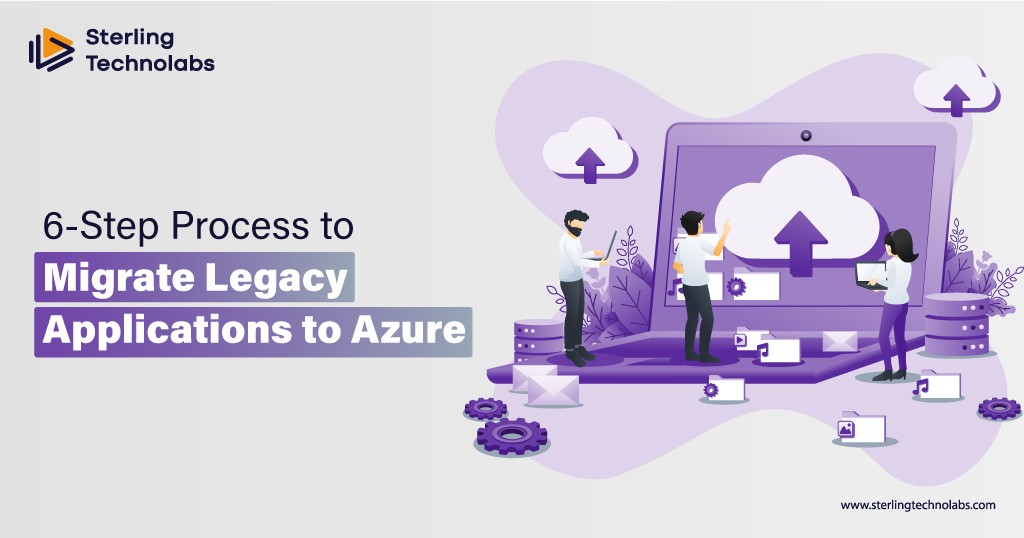Custom Software Development is a sort of software which lets you tailor its features to meet your specific company needs. Businesses are developing new features and capabilities to deliver out-of-the-ordinary services in order to build a name for themselves in the industry.
The process of arranging, building, deploying, and maintaining a unique/special set of functionality for enterprises is known as custom software. A firm, for example, may develop customized applications to manage its stocks, track sales, purchase records, or administer payroll.
Custom software is typically written in coding languages like C++, Java, Python, and others. A Custom Software Development Company can assist you in tailoring the application or solution to match the specific requirements of an organization.
Businesses can tailor solutions to their own project requirements, resulting in an increase in demand for custom software developers. Whereas off-the-shelf software delivers pre-built solutions, certain functions go underutilized, and others fall short of meeting the needs of the organization.
Types of custom software services offered for a business
Businesses in any industry require a platform to help them streamline their operations, but many are unaware of their possibilities. So, if you are a person who wants to personalize their website or application but is unsure how to do so, here are the 6 types of software development solutions you need to learn about.
- Content Management System (CMS): The Content Management System (CMS) offers the foundation for creating a website from scratch. To design and manage a website made with CMS, no prior knowledge of coding languages such as HTML is required. CMS eliminates all tiresome duties such as building websites, formatting, updating, publishing, or reporting the material for the entire site by integrating with a framework that enables storage, retrieval, control over access, format management, and so on. All that remains is to enter the content into the highly navigable and user-friendly system.
- Customer relationship management (CRM): CRM, as the name implies, is specialized software that assists in acquiring vendor, prospect, or customer information in order to collate, organize, and evaluate their individual data. Furthermore, the application can help with the design of marketing tactics such as generating leads, tracking trends, scheduling appointments, and driving sales to produce money. The application also has a dashboard with numerous analyses such as customer information that bring in more sales, which types of orders are frequently placed, and so on. It also has reporting possibilities for preserving customer interactions. If CRM is cloud-based, the sales force and customer service reps can access data on their own.
- Enterprise resource planning (ERP): ERP is used to combine various business process verticals into a single platform to handle all data through a single program. It allows diverse departments such as finance, production, sales, and human resources to cooperate with one another and gain insight on their job state. Furthermore, the ERP platform can be modified to meet the needs of the organization. However, there is one disadvantage to adopting ERP: the corporation should not avoid incorporating new technology because doing so will undermine the entire objective of setting up the ERP in the primary place, and the outcome will not be as expected.
- Operation management solution (OMS): OMS — Operation Management Software — is a possible platform that simplifies all business activities. Having specialized software for your firm, such as OMS, helps automate and customize various tasks. Employee onboarding, training sessions, managing workflows, and so on…all while tracking the productivity of your projects and team. This platform additionally lets you manage the purchases, agreements, transportation, pre-sales, billing, and all other associated tasks that are apparently carried out in a business environment. It is the responsibility of the business owner to run the firm in a systematic manner. OMS facilitates business and should so be considered while selecting a Custom Software Development Service.
- E-commerce management software: E-commerce software represents one of the most effective ways to grow your business exponentially. This platform can help vendors that want to market their products online enhance their earnings. Despite the fact that the market is swamped with a plethora of generalized softwares, using bespoke e-commerce software with unique features makes your business operations more flexible, user-friendly, and scalable. Unique services such as live chat with the vendor, email marketing technology, or customer history analysis, for example, can put you one step beyond your competition.
- Bug tracking software: Imagine your website going down during a peak sales period... terrifying, right? Then it is critical that your website be bug-free. A customized bug tracking program allows you to do several actions on a single platform at the same time. It can be coupled with technologies that facilitate agile project management, ticket production, and management. Such customized bug tracker platforms make it easier to capture development or process concerns, as well as delegate and coordinate duties within the team.
Conclusion
Customized softwares are the next-generation operation managers that may assist you in sailing your business exactly the way you like. They improve connection by streamlining corporate processes, automating tedious jobs, bringing flexibility to operations, and streamlining business processes.
As a result, if you own a company and want to optimize your operations, customized software is the way to go. All you have to do is find a Custom Software Application Development that understands your needs and provides high-quality software under your budget.



No comments:
Post a Comment